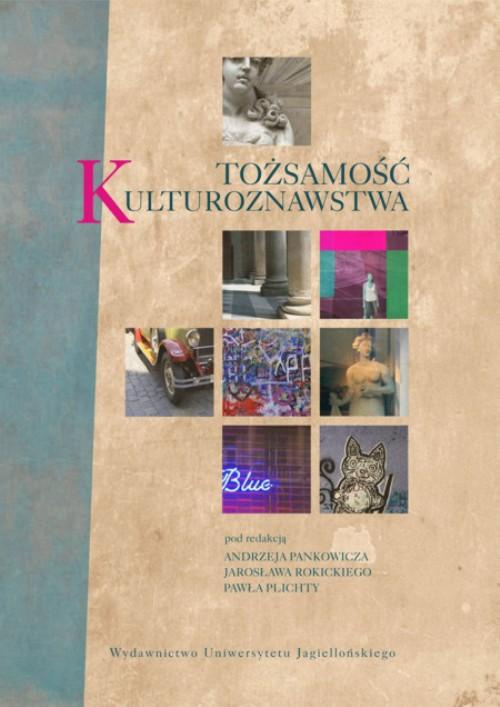перейти к управлению читателемперейти к навигацииперейти к деталям бронированияперейти к остановкам
32
luísraPoso
promotion.Inthisnotewewilladdressonlythesecondsideofthecoin,themigratory
problematicviewedfromitsoriginatingterritories.
Indoingso,wearejustadoptingtheKperceptionoftheworld”intheEuropean
westernperiphery,theKEuropeanFar-West”occupiedbyPortugal,wherewestand.
Here,onecouldsaythatKmigration”itisratheramatterof...Emigration,withdeep
rootedoriginsandindirectconnectionwithpoliticalevents,bothinternalasexter-
nal.InImage1wepresentthefiguresrelatingthePortugueseemigrationfrommid-
19thcenturyuptonow.Twomainobservationsareevident:(a)theimportanceof
theemigrationpicks,frequentlyofmorethan50thousandpersonsannually(some
timesmorethan100thousandpeopleannually),originatingfluxesofmillionsineach
migratorycycle;and(b)therelationofthesepickswithpoliticalevents,converted
intoeconomicemergencies,someofthemapparentlyduetoonlyinternaldevelop-
ments(dictatorshipandisolatingpoliciesaftertheSecondWorldWar)otherstojust
internationalcontexts(FirstWorldWar),othersstill,perhapsall,tothecombination
ofbothinternalandexternalfactors(thedevelopmentalpoliticsoftheparliamentary
monarchyinthesecondhalfofthe19thcentury,leadingtothedependencyonthe
Britishbankingsystem,wasforcedbytheseones,intheframeoffightingforcon-
trolofthecolonialcommodities,andbankruptcyarosewhenglobalcapitalisticcrises
emergedinBritainandinthecolonies;themostrecentfinancialcrisiswasagain
basicallyoriginatedbythebankingsystemcollapse,initiallyinAmericaandthenin
Europeandothercontinents).
Asaconsequenceoftheselongstandingphenomenaandmostparticularlyofthe
profoundmigratorycyclederivedfromtheextendeddictatorshipandisolatingperiod
whichoccurredaftertheSecondWorldWar,accentuatedfromthemonwardsbythe
increasingoftheKindustrialisation”andKtertiarisation”processes,withtheinternal
migrationofhundredsofthousandsofinhabitantsfromtheinteriortothelittoralof
thecountry,manyruralvillagesin,infactentireregions,becamevirtuallydepopu-
latedalongdecadesinvastregions–andthisistherealPortugueseproblemwhen
consideringKmigration”.Theconsequencesofsuchadramaticdevelopmentarehuge
andwearepermanentlyfacingthem,asisthecaseinsummer,whenuncontrolled
firesconsumeextensiveareaswhereinancienttimestherewerecultivatedfieldsand
caredforestsandtodaythisexistsonlyinscrublands.
Whatcanmuseumsdoinsuchcircumstances?
Inordertoanswerthisquestion,let,sfirstlytakeasetofexamplesfromrecentPor-
tugueseKextendedmuseums”,communityandterritorialinnature,locatedinmoreor
lessdepopulatedterritories.
ArchaeologicalCampusofMértola(Image2).Beingoneoftheoldestexamples
ofaKterritorialmuseum”inPortugal,thisfairlytraditionalpolynuclearmuseumis
locatedintheinteriorofAlentejo,offofthemainroadsfromthecosmopolitanand
touristicprovinceofAlgarvetothecapital,Lisbon.Aboutonedozennucleiarecur-
rentlyopentothepublicandevenwhenoriginallycreatedbythecampus,anNGO,









